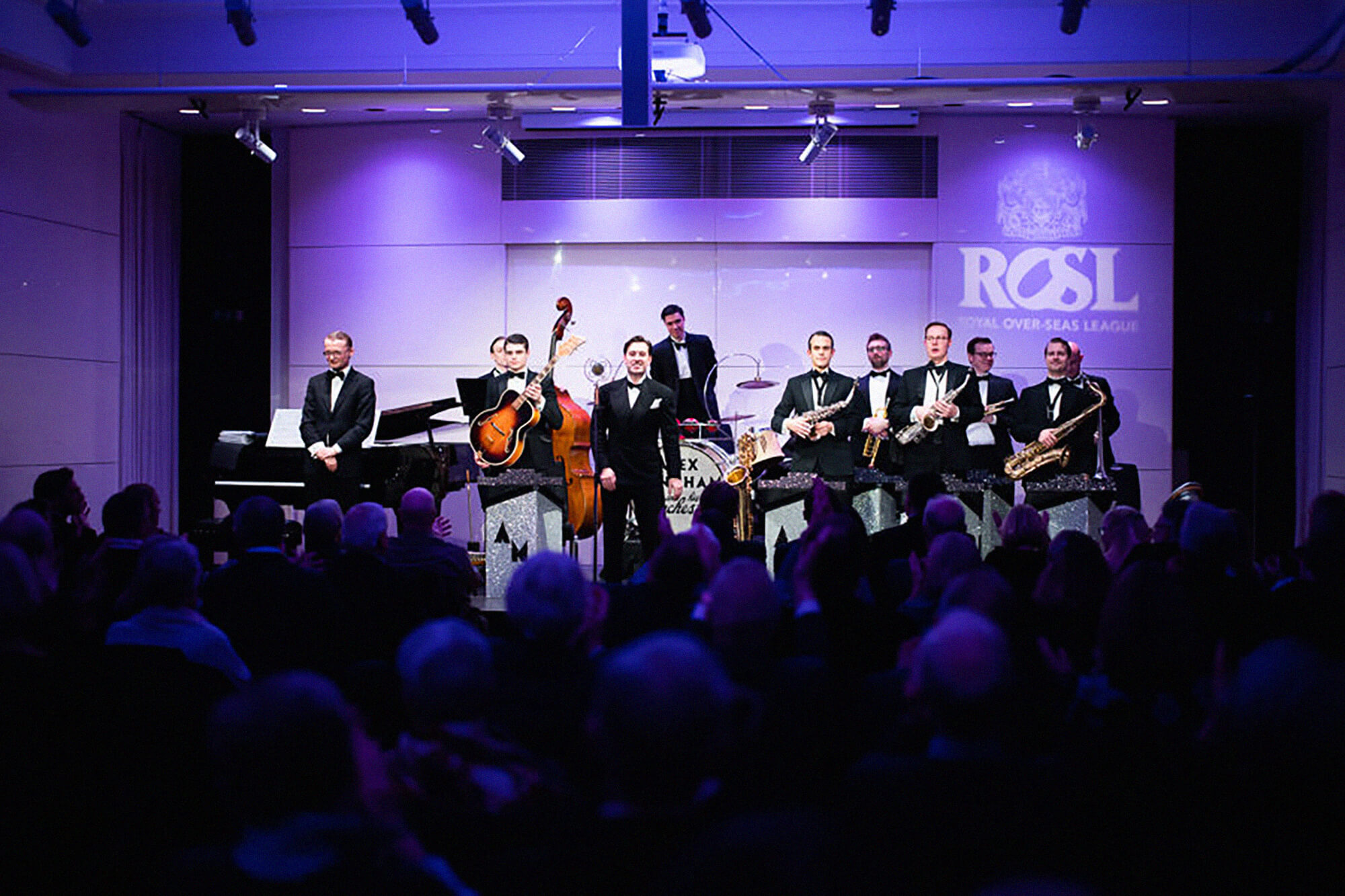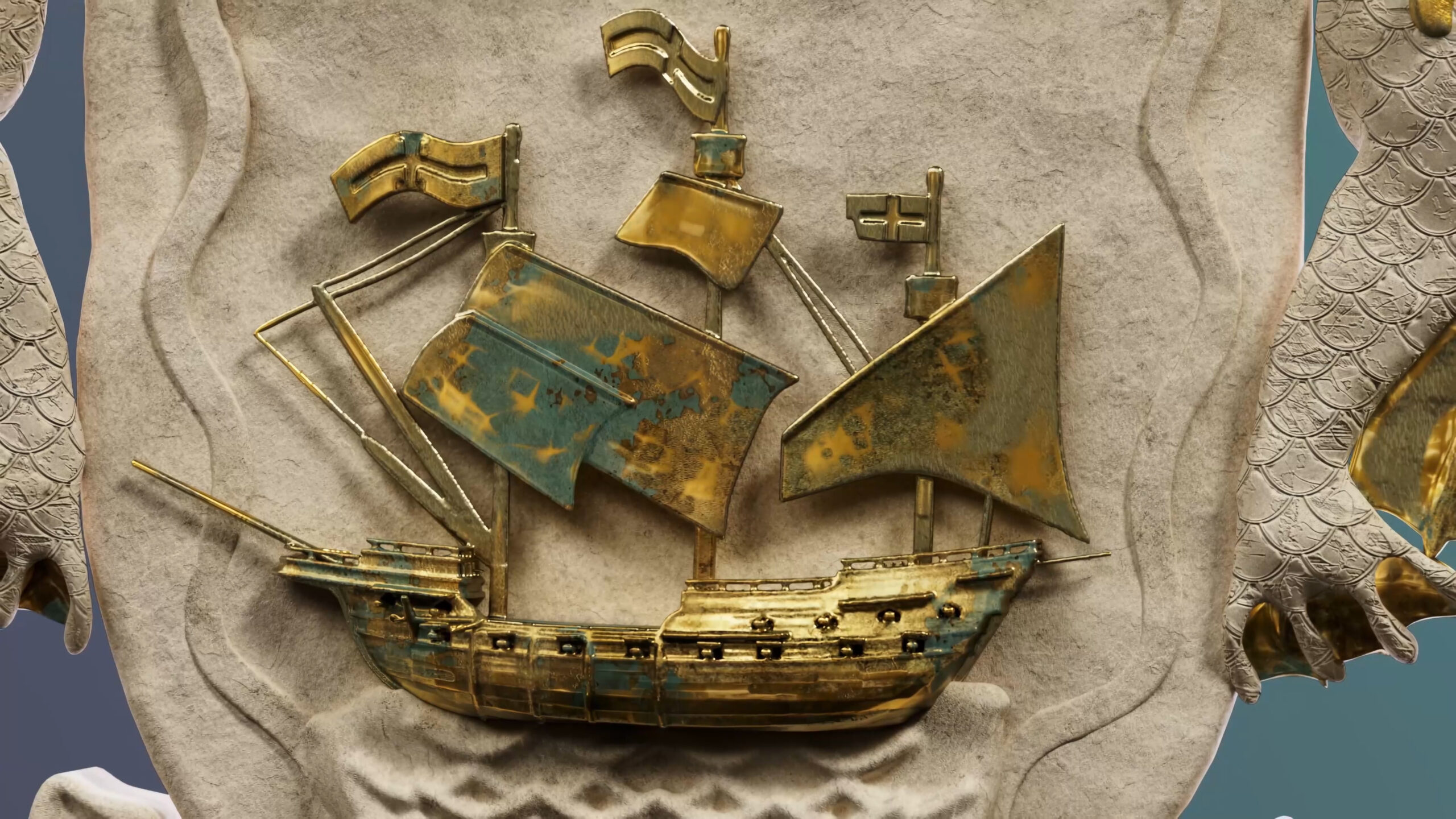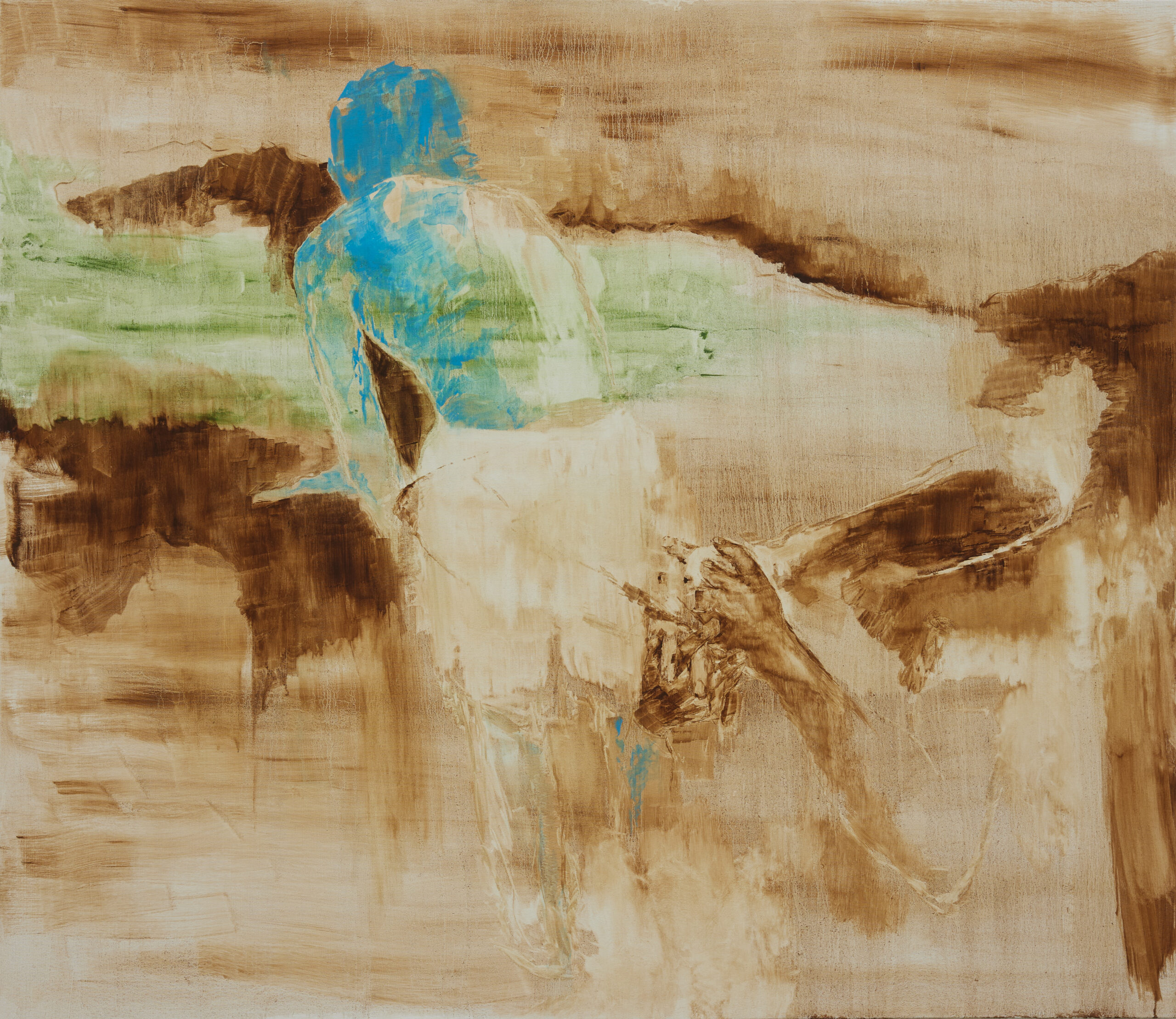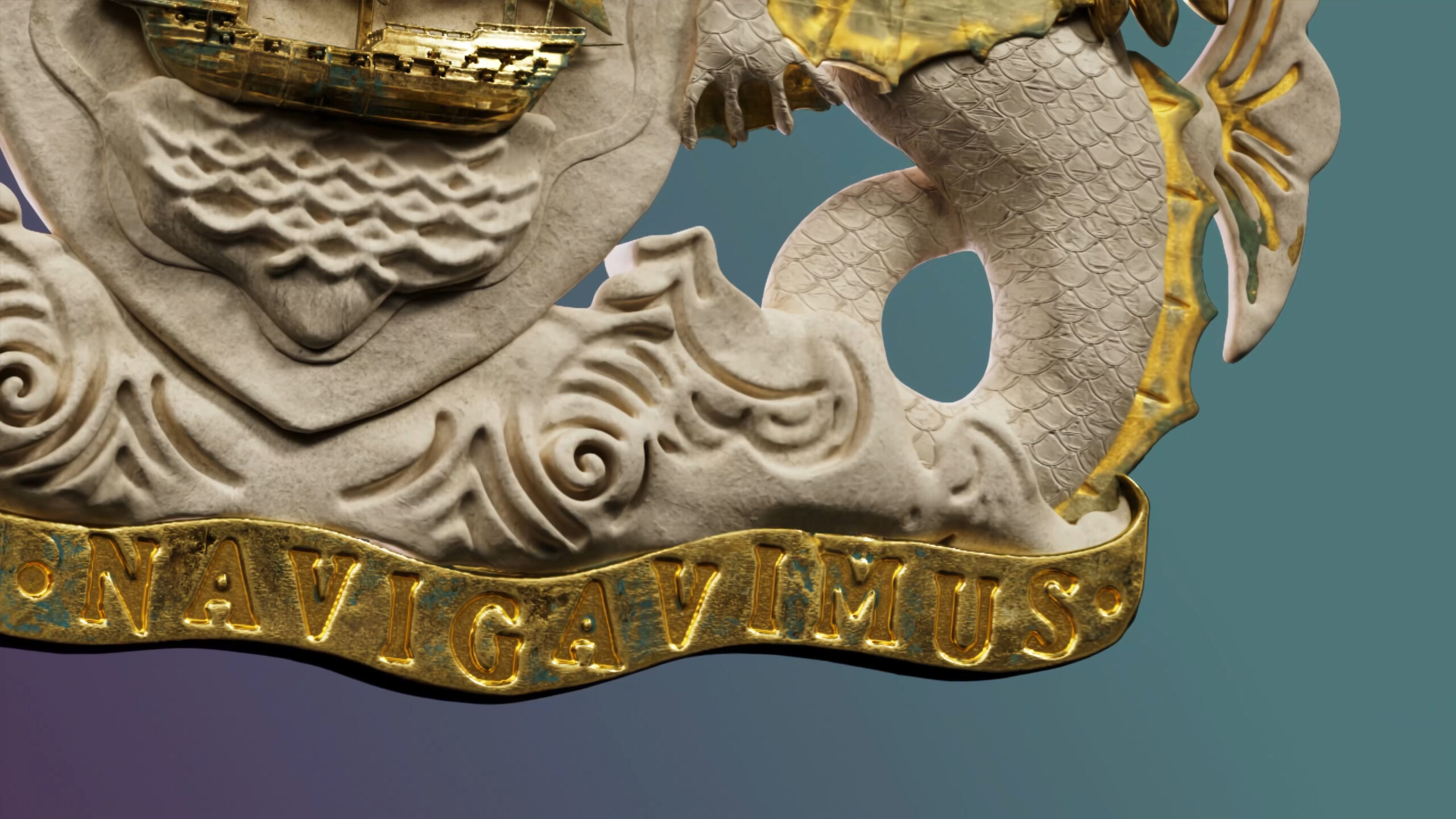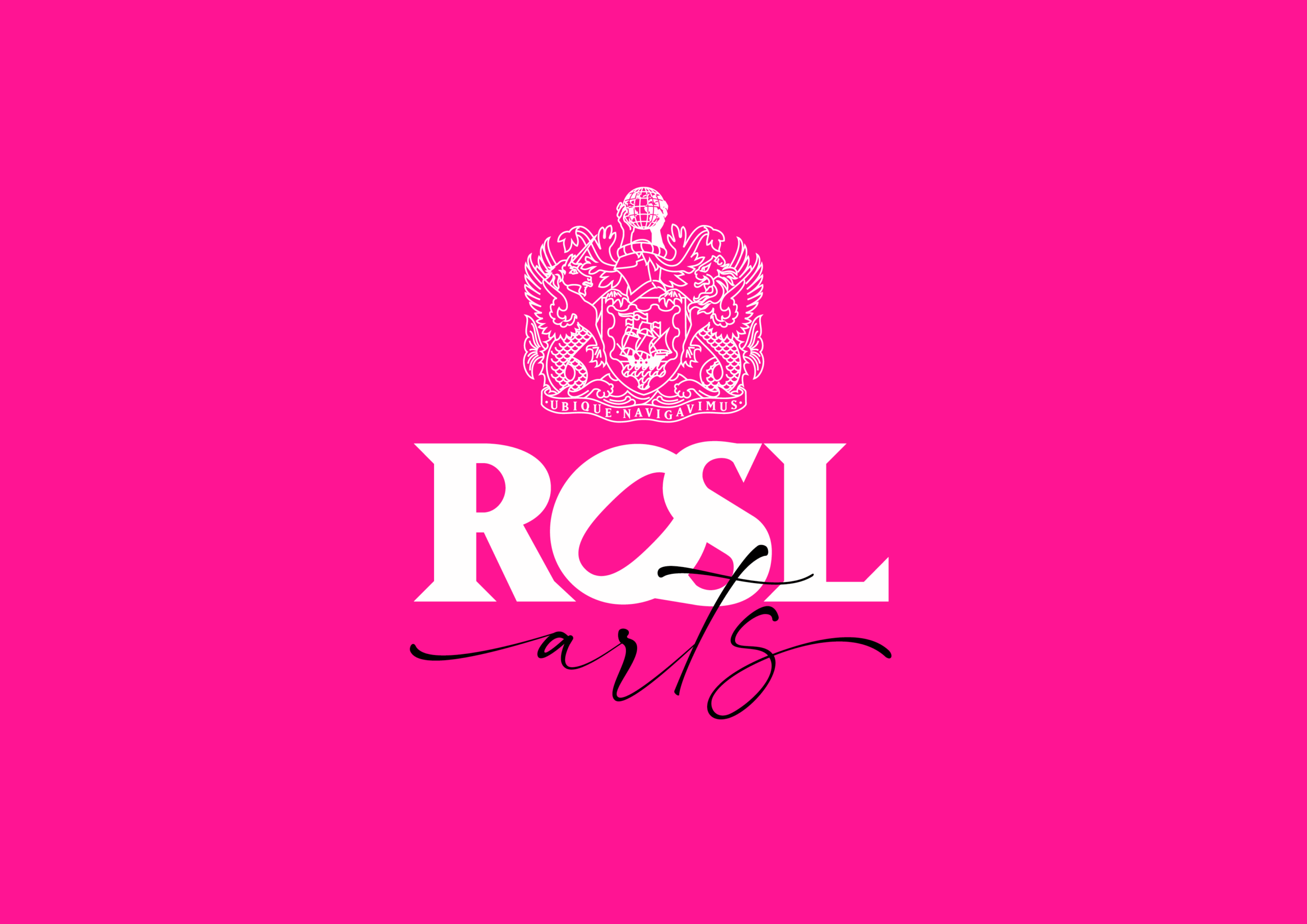- About Us
- Membership
- What’s On
- ROSL Events
- About Club Events
- Public Affairs
- Calendar of Events
-
Upcoming Events
-
A Taste of South Africa: Summer Wines & Canapés
Wed. 02 July - 18:45
![la-brune-wines-south-africa-2]()
-
Public Affairs Series: Rt Hon Sir Jeremy Hunt MP
Thu. 03 July - 18:30
![Jeremy Hunt picture]()
-
Mozart, Shostakovich and Brahms with the Aquinas Trio
Fri. 04 July - 18:30
![ROSL_Arts_MMSOL_Aquinas_Trio_Concert]()
-
London History Series: A Walk Through Medieval Smithfield
Wed. 09 July - 13:30
![Smithfield London]()
-
Exhibition Opening: Spaceshifting
Thu. 10 July - 18:00
![michelangelo]()
-
Saxophone Lounge Nights in the Garden
Fri. 11 July - 18:30
![saxophone lounge live music]()
-
Annual Music Competition, Gold Medal Final 2025
Fri. 18 July - 19:30
![ROSL Annual Music Competition 2024 Wigmore Hall]()
-
NZ Concert & Garden Drinks
Mon. 21 July - 18:15
![ROSL_Pettman_Scholars_2024_Lorna_Madeleine_NZ_Concert]()
-
Saxophone Lounge Nights in the Garden
Fri. 25 July - 18:30
![Brabourne Room & Garden, Club’s Brabourne Room The Garde an Rosl]()
-
Jazz in the Garden
Fri. 01 August - 19:00
![Jazz in the Garden - Oliver Lord]()
-
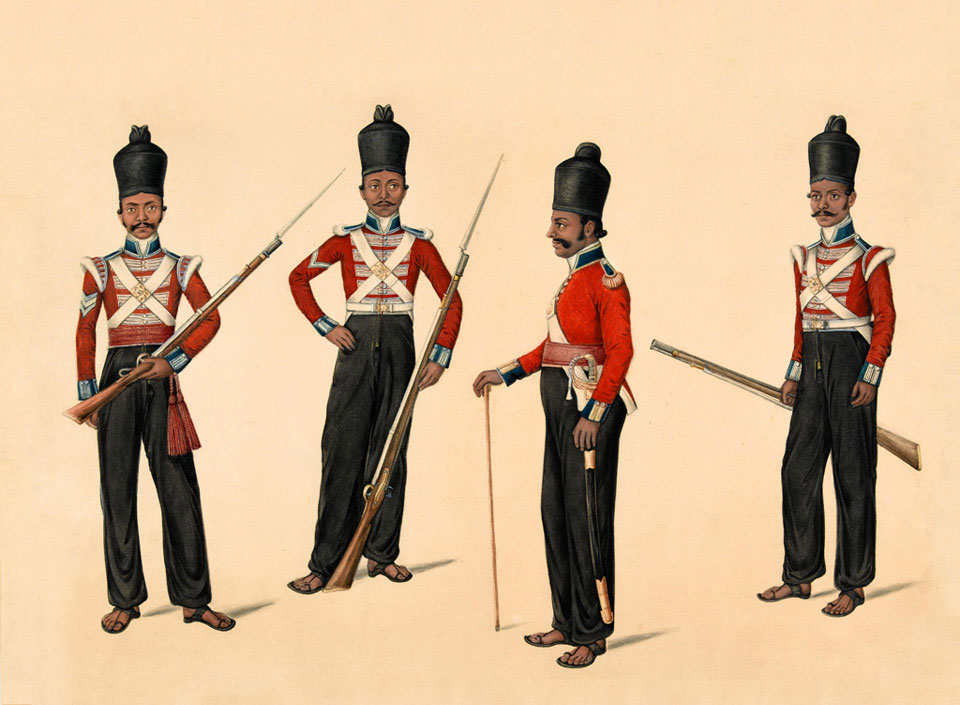
Overseas Journal | True to their Salt: Indian Soldiers and the Building of the British Empire
07 August 2024
Recent decades have seen a huge reflection on our understanding of the British Empire and the human cost of our past colonial ambitions; Ravindra Rathee’s revelatory book True to their Salt re-examines and remembers the role of Indian Soldiers in the British Empire. Here Rosie Allen speaks to him about what inspired the book and how he hopes it will impact our understanding of one of the darker chapters of our collective history
Could you give our members a summary of what True to their Salt is about and what the key themes are? In regards to the title, why did you choose this phrase in particular and how does it relate to the themes of loyalty and betrayal in the book?
‘True to Their Salt’ is about the pivotal contribution Indian soldiers made to the British Empire and so in Great Britain’s development from a small, relatively poor island to a dominant military and industrial power. The book aims to bridge the knowledge gap that exists about Indian soldiers’ contribution to Britain’s history and rise, by examining key themes in turn of the history of the sepoys in British service and looking beyond the well-trodden snapshot of the two world wars.
Amidst debates about decolonising the educational curriculum and what we celebrate and reconcile from our history, it is important that the UK understands the critical contribution of Indian soldiers over two centuries to the prosperity of this country. The UK has an equal claim over these soldiers as India does, and maintaining their memory and history is of critical importance to harmonious race relations within the UK, as well as international relations with emerging countries.
‘Eating salt’ was a common term for ‘receiving pay’ in the subcontinent. The expression harked back to times when salt was perhaps used as currency. In the subcontinent, those who are loyal to their employers are considered ‘true to their salt’. The phrase has a deep emotional meaning, particularly for soldiers. So much so that the soldiers who betray their employer are pejoratively called ‘namak haram’ meaning ‘untrue to their salt’.
The inspiration for the book came from a personal perspective, regarding your grandfather’s experiences in British India’s colonial army. Could you give us some background on how this inspired the book?
This book started as a personal research project. As a child, I heard stories from my grandfather of his experiences during the Second World War. My grandfather served in the middle east theatre during the Second World War as part of the PAI Force. After his death, I started researching his war service, and realized that there is a much bigger story to tell. It then struck me that each year, my son celebrates Remembrance Day at school, and yet he and his school mates know very little about the contributions of Indian soldiers during the world wars, let alone the two preceding centuries. In a way, this book is as much for my son and his school mates, as it is about my grandfather and his comrades.
Which discoveries shocked or surprised you most about this element of history while you were researching the book?
The shortage of military manpower resources within UK compared to its strategic rivals during the 18th and the 19th century is not widely known. For example; France, Britain’s main rival during empire building, had a population 2.5 times that of the UK in 1700, and 1.5 times in 1820. Not before 1899 would Britain be able to match the French population. In comparison, India’s population was almost 19 times of the UK in 1700, although it did decline to eight times that by the end of WW2. Access to the military labour market in the subcontinent allowed British Empire to match and prevail upon its strategic rivals.
The related surprise was how little this global strategic presence cost to the British exchequer because the Indian Army was paid for by Indian revenues. British defence spending—except during the time of conflicts with major European powers—stayed tiny while it possessed India. Defence spending was below 3% of the net national product during most of the nineteenth century, and averaged little more than this figure between 1870 and 1913. This is not much higher than Britain’s defence budget today, and far less than the equivalent percentage spent on defence during the Cold War. In comparison, the army in India absorbed almost 50% of central government revenue, even in peacetime, under the Raj. Today, India spends around 2% of its GDP on defence.
What’s the main takeaway you’d like readers to come away from after reading True to their Salt?
A deep understanding of the British Empire, and thus Britain today, is impossible without assessing the role of the key instrument that enabled the Empire in the first place – the Indian Army and its soldiers. As Britain exits the EU and starts to build trade and cultural relationships with countries across the world, its diplomats, politicians and citizens should understand the special contribution of India and its soldiers to the Britain of today. The term ‘special relationship’ is taken to mean Britain’s relationship with the USA, but it is from India that the past – and more importantly the future – of Britain has been and will perhaps be shaped.
How do you go about the process of researching and planning a book as historically rich as this?
Thank you for your generous comments about the research behind the book. Frankly, as I do not come from academia, I do not have a set process for researching and planning a book. I started with reading other books first and kept notes of various source materials. Thereafter, it was a case of delving into archives to find out what else exists that could be used to build a complete picture. Many old unpublished manuscripts are now being digitalised, and available online in some cases. For other data points, it is a slow but ultimately rewarding research into various archives in UK and India. The British Library is a particularly rich source for colonial history, as is National Archives in Delhi and London.
Do you think we still have far to go in terms of literature and art addressing Britain’s role in colonialism?
There is significant interest in Britain’s colonial history today, and how we represent, mark and remember that history. Amidst debates about decolonising the UK curriculum and remembering all who contributed to Britain’s past, present and future, it is important that students and citizens in the UK understand the critical contribution of Indian soldiers over two centuries to the prosperity of this country. Instead of the negative, combative approach of denouncing characters and statues, this book suggests a more positive and perhaps more broad-reaching alternative: recognising, celebrating, and remembering the millions of Indian soldiers who served British interests over two centuries.
What’s next for you as a writer?
I am interested in exploring the reasons for the collapse of the military command and control structure in India during late 17th and early 18th century. This collapse of the military command and control structure allowed European trading companies to prevail in the ensuing ‘civil war’. The victory of the European trading companies – even if it looks inevitable with hindsight – was not certain if the emergent indigenous powers in the subcontinent collaborated to establish a state structure to replace the ailing Mughal state. Why it did not happen, and successes, even temporary, against European powers when the native powers acted in concert is an area I am deeply interested in.
True to their Salt: Indian Soldiers and the British Empire is available to buy now

